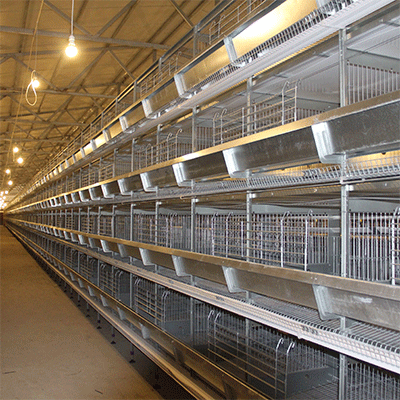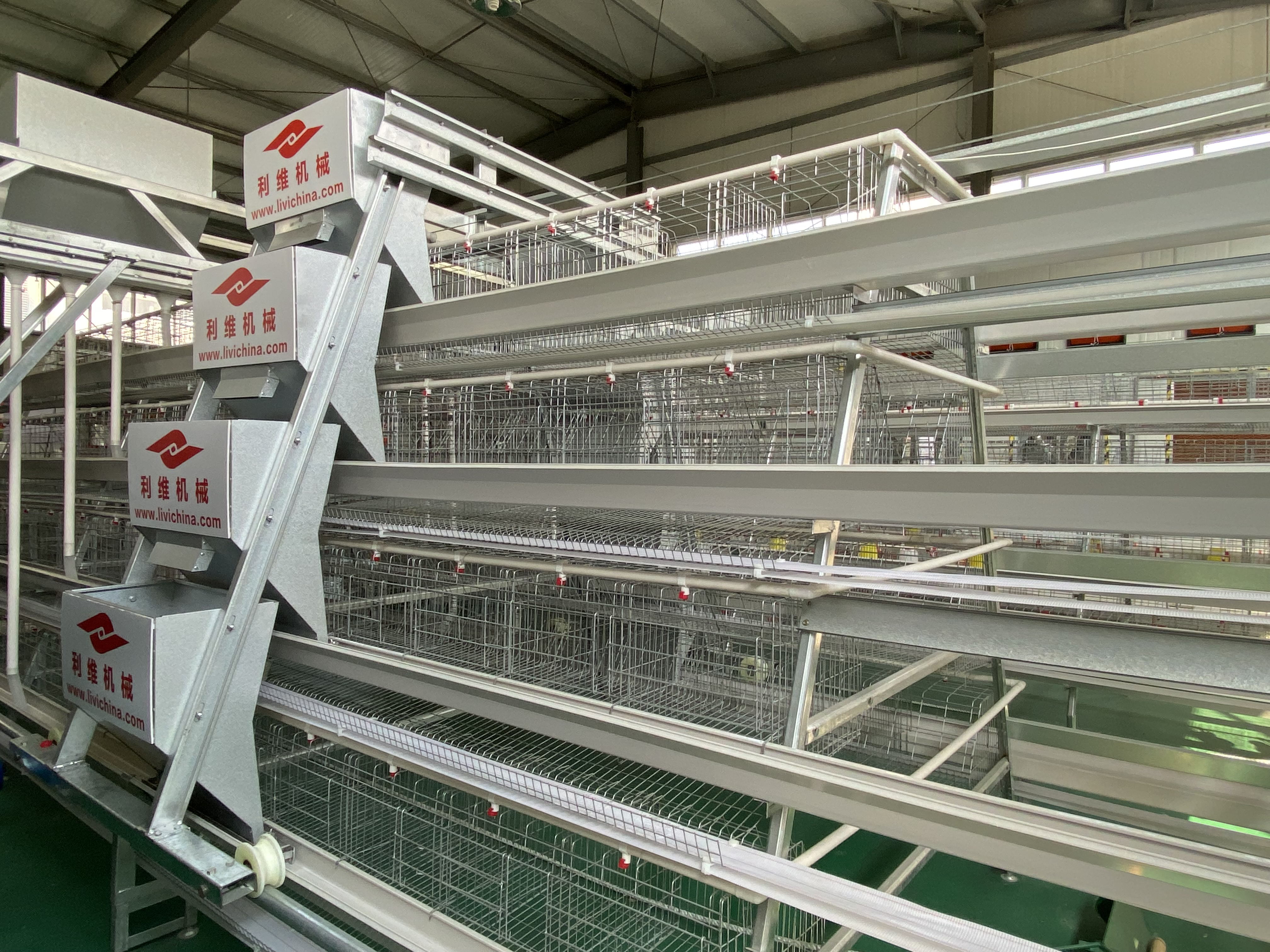Feeding management of chickens in layer cage system
- Published in Measures to reduce the mortality of laying hens
The focus of feeding and management of chickens in the layer cage system is summarized as "three catches and five preventions". The three grasping refers to: grasping management (focus on keeping the temperature, while doing a good job of ventilation); grasping epidemic prevention (sanitation, disinfection, immunization); grasping disease prevention and control. Five preventions refer to: prevention of disease (especially respiratory diseases); prevention of cold stress; fire prevention; prevention of poisoning; prevention of too low humidity.

- First of all, we must carefully select the breeding personnel, they must have a certain degree of poultry breeding experience and experience in the operation of automatic poultry farming equipment. Breeders with rich experience have professional knowledge of poultry and can better carry out breeding management.
- Poultry farmers should create a good growth environment for the chickens, pay attention to the four elements of heat preservation, ventilation, temperature, light and appropriate density, to create a comfortable growth environment for the chickens. The chickens can grow well if they rest well.
- Farmers must choose to use an all-in, all-out system to raise broilers, and must strictly implement epidemic prevention and disinfection. They must implement reasonable daily management and regular cleaning and disinfection, and clean chicken manure frequently to eliminate flies, mosquitoes, rats, and ants. , Reduce pathogens and avoid stress.
- Feed is an important guarantee for the healthy growth of broilers. Farmers should provide fresh, safe and hygienic feed in a timely manner, and they must carefully manage and use the feed to eliminate waste and reduce the cost of raising chickens.
- Drinking water hygiene is very important. Farmers must provide sufficient water, and farmers must ensure the quality of the water and the sanitation of drinking water equipment. The drinking water system must be cleaned and disinfected frequently, and don't be afraid of trouble.
- When vaccinating chickens, farmers must strictly follow the regulations to set up scientific and reasonable immunization procedures, and do a good job of vaccinating chickens.
- Farmers should observe the flocks frequently, strengthen supervision of the flocks, and accurately diagnose and treat diseases in time.
- To prevent human-made infections, we must do a good job of personal hygiene. Chicken manure and sick and dead chickens must be treated in a timely manner and harmless to control environmental pollution.
The above points are the key points for the management of chicken house in battery chicken cages shared by poultry equipment manufacturers. Hope to help poultry farmers again.

